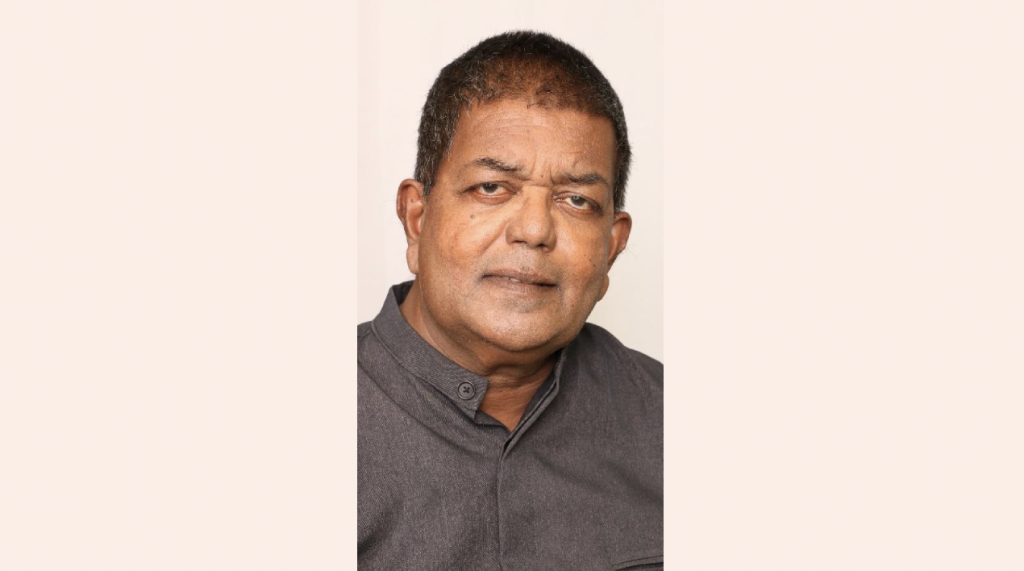Listening to the snippets on the Commission of Inquiry into the death of the four divers at Paria, it is becoming clearer to me that health and safety are not priorities in the workplace. It demands that more needs to be done to assure workers of not only their health and safety but more so their lives.
Are we depending solely on legislations to protect our rights? I am not at all demeaning legislations. I support legislations but believe that equal or more emphasis should be placed on enforcing the laws. The big question is: Were those necessary precautions pertaining to the safety of those divers at Paria enforced?
In Trinidad and Tobago our love and concern do not seem to go beyond ourselves and possibly our immediate family and household pets. And why this is so? It is so because governments over the years behave like a colonial ruling class with contempt for the masses. The poor were always marginalized and valued only for their labor while an aspiring middle class was busy aping the British.
While we have a robust social safety net to help the vulnerable can we say that our intention is noble? The safety net is truly a trap to make people dependent on the whims and fancies of the government of the day. The welfare state that was originally implemented in the UK after the Second World War has bred a culture of dependency and the ‘child father’ culture that prevails in our society today. The PNM adopted wholesale this welfare culture of the UK in the 1970s and its first casualty was agriculture.
Financiers of political party that come to power are also favored for contracts from the State, thus dampening and killing the spirit of an open market economy. Political hacks are appointed to key positions in State companies including Paria, NGC, WASA and NIB, thus explaining the reluctance of the government to proclaim the procurement legislations.
A culture of free enterprise would have recruited a more responsible management at Paria to deal with crises as they arise. Unfortunately, this has never been the culture of our country and any effort to change it has met with resistance.
For example, is there a direct link between the current crime rate and our recruitment and promotion practices within the Trinidad and Tobago Police Service (TTPS)? Can we say with certainty that recruitment and promotion within the ranks of the TTPS are conducted in a transparent manner? The recent appointment of commissioners to the Police Commission has left many questions unanswered.
Who lives or dies is immaterial to the political culture of this country. The focus of the government is to have its point men in every department of government to carry out its biddings. Had Paria used a more transparent recruitment practice, better qualified individuals would have been in charge; political appointees and the risk of those divers losing their lives would have been much marginal.
